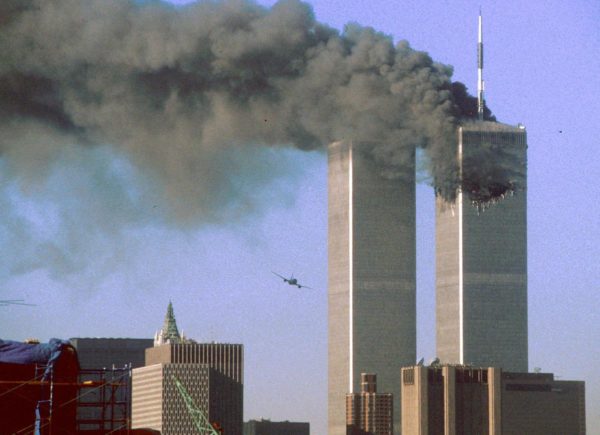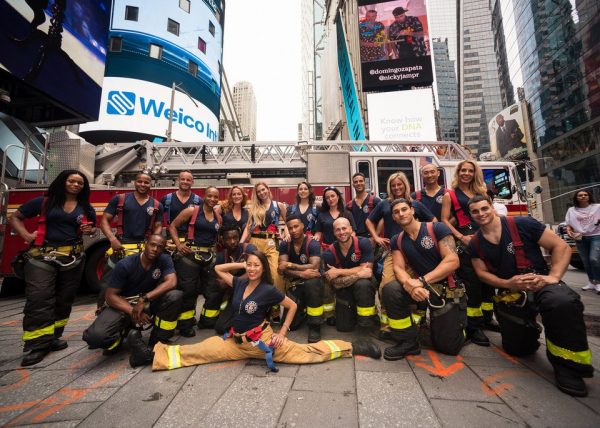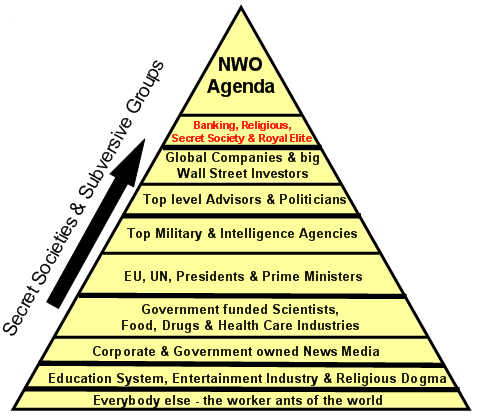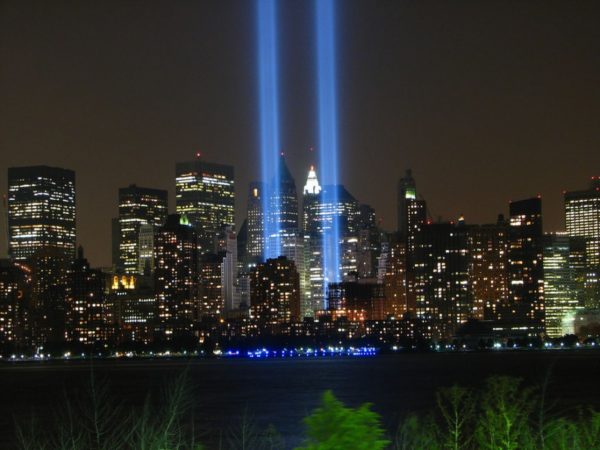Wow, yesterday’s radio show was amazing. Before taking questions from listeners, Erik talked about how much he loves helping you all and how to reach out to him to ask for that help without fear or guilt. I’m so happy my boy is fulfilled and doing what he’s so passionate about. What more could a mother want for her child? Here’s the show if you missed it!
Me: Okay. You know, over 2000 people died. After you crossed over, you looked back on the damage and pain you caused. What were your thoughts?
Mohamed Atta: When you’re into your belief system and you’re into your philosophy, those things never come into your mind.
Me: Okay.
Mohamed Atta: We were completely blind to the task we needed to do. We didn’t stop and think about that. Now as a soul, it’s impossible not to have regrets about the suffering we created for someone else or for ourselves. Muslim souls are no different. We also see the larger picture that our acts are helping humanity to evolve, change and shift, and that helped us heal.
Me: Okay.
Mohamed Atta: But it’s not to excuse it. Evolution needs elements that create and elements that destroy. The two together help create a new version of the species.
Me: Were you afraid when you were about to hit the tower, the Pentagon, or…?
Mohamed Atta: No.
Me: No fear?
Mohamed Atta: No. It was excitement.
Me: Was there anything that surprised you right when you crossed over?
Mohamed Atta: The short answer is no.
Robert: He shows me all white. There was just a big, white area.
Me: Oh, okay. Did you get the virgins that you were promised?
Mohamed Atta: No. It was just like we were walking down the street, and you walk up to your house, and then you walk into the house. You don’t really have any thoughts about that, right? You just do it.
Me: Yeah.
Mohamed Atta: You don’t analyze it. It was like that for me.
Me: Were you like, “Oh, my god! I’m not getting my virgins!”
Mohamed Atta: No, because I didn’t hold onto that idea. I don’t know if that was the case for the others. It’s like a thought that was in my head, and I know a thought was there at some point, but I couldn’t remember what the thought was. Eventually that thought came back, but for me, certain philosophies or beliefs, whether related to the Muslim faith or my life in general, had to be put aside for me to move forward in this new place. And once I got to a certain point, I started to recall those things, but I saw them from a different perspective. I wasn’t captured by them.
Me: Well, what do you think about jihadism now compared to the Islam that doesn’t have a violent bent?
Mohamed Atta: I believe it serves an important role in humans evolving, but primarily for the Muslim faith. It’s helping us face some of the anger we’ve held in our bones for millennia. It’s also to embrace that passion that’s outside of ourselves. Anger comes from a place of passion.
Me: Yeah, but it’s so destructive.
Mohamed Atta: It can be if it’s used in a certain way. This is not unique to the Muslim faith because every human in all the ways they divide themselves are all facing some aspect of that themselves. It’s about learning how to channel that passion. If it has to destroy, it’s in a way that’s helpful—to push us in a certain way or to create. Either way, for human beings, it has to serve some kind of purpose.
Me: Well, it doesn’t seem like jihadism now, beheading people and burning them in cages, I mean, what good purpose could that possibly serve?
Robert: He’s switched to visuals now. A mix of visuals and feelings.
Mohamed Atta: These are not justifications but a person commits an act like that, you’re going to see the person abused like that, and of course you’re going to feel a certain degree of terror. You might process that and hold it in, but eventually, you could, with self-reflection, come to realize that holding onto that terror hurts you. At the same time, you connect to the fact that this person was feeling exactly what you felt, and you develop compassion, not just for yourself, but for that other person.
Me: What other person?
Mohamed Atta: The person who may have been tortured or whatever.
Dur.
Mohamed Atta: Even if you didn’t directly see it but heard about it, most human beings don’t really connect outside of their own immediate family and friends, so they start imagining their family members being treated that way. In a small group, it might get people to start thinking that they should start to be more compassionate and gentle with each other. It’s not something that happens overnight.
Erik: Mom, look at how things came about after seeing how animals were being mistreated. It’s just a different way of the same thing happening. We put it on an ideology, but human beings are doing the same thing with other species. Some other being is being hurt or treated violently.
Me: Yeah.
Erik: Now, we think of our dogs or cats or other pets as family members. In the long term, all of this violence, regardless of where it’s coming from, are allowing humans to see each other as family members.
Me: Was that the spiritual contract behind 911, then, to teach us to become more compassionate?
Erik: Right, but that’s not the only thing. Mom, everything we do that makes us have a sense of horror and the things that make us go, “Awwww,” is pushing us to become more loving toward each other.
Me: Yeah. So, what do you think about the aftermath, the post 911, the TSA, all the security, all the Islamophobia and stuff like that? Do you have any comments about that?
Mohamed Atta: The chaos that has ensued, even before 911 because terrorism has been around for long time, at least since the 60s—
Robert: That’s when they started using that label. He shows me this thing of water with dirt in it and he shakes it up.
Mohamed Atta: All that is being shaken up, and those are the symptoms you’re seeing from that, all these chaotic things that are going on.
Me: What do you think about America, now? You hated America before, in your human body. You thought we were materialistic, hedonistic, etc. What is your view on America now [that you’re in spirit?]?
Mohamed Atta: There’s a correction to make. We didn’t hate Americans. We didn’t hate America. We hated the philosophy that it stood for. It was all about take, take, take.
Me: Okay.
Mohamed Atta: There was no sense of respect for what or who you were taking things from.
Me: Well, obviously, you hated that about us. How do you feel now as a spirit? Do you still hate that about us?
Mohamed Atta: No, we’ve come to understand that another culture’s point of view should be respected just like we demand respect for our own culture. There’s no hate.
Me: So, you demanded respect for the Muslim culture, but now you see that the West deserves respect as well for their own culture? Is that what you’re trying to say?
Mohamed Atta: Respect for all cultures.
Me: So that’s something you learned from the experience?
Mohamed Atta: Yes.
Me: Okay, good. Last but not least, any message for the victim’s families and friends?
Robert: He’s projecting a lot of sincerity when he says this. He’s projecting a lot of love.
Mohamed Atta: My sincerest apologies for the pain we’ve caused for the families and every other person who was indirectly affected by what happened.
Me: Would you do it all again if you could?
Mohamed Atta: Yes, I would do it all over again because it helped me grow as a spirit and expand on my sense of compassion—I had to do those things for my expansion to happen the way it did—but it was at the expense of others, and for that I feel remorse and regret. I want to apologize.
Me: Okay. Well, thank you for being honest. I hope it wasn’t too hard for you. I try to show respect because I know you’re not a human anymore and therefore not in that human state of mind where you want to create so much pain for people. You’re a spirit now who has shed all those human characteristics, and that’s why I wanted to treat you with respect.
Mohamed Atta: I appreciate that.
We close in our usual way.




